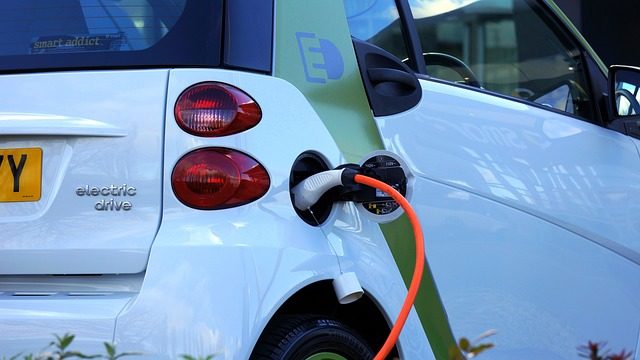Home » Report: EV market for last-mile delivery set for growth
Report: EV market for last-mile delivery set for growth
Continued demand for sustainable urban logistics will help drive growth in the electrical vehicle market over the next five years, industry research shows.

Electric vehicles (EV) for last-mile delivery remain in demand around the world, according to a recent market report from research firm Global Market Estimates. The group says the EV market for last-mile delivery will grow at a nearly 16% compound annual growth rate (CAGR) between 2023 and 2028, driven largely by demand for more sustainable business practices and government policies and incentives to purchase EVs.
Worldwide commitment to environmentally friendly urban logistics is a major factor behind the growth, as governments and businesses strive to reduce carbon emissions in urban areas, according to the report. The integration of advanced technologies—including telematics, route optimization algorithms, and real-time tracking systems—is also a key trend, as are government incentives and regulatory support. Governments worldwide continue to push the adoption of EVs for last-mile delivery with tax credits, grants, and preferential treatment in urban areas to accelerate the transition to EV fleets.
The food delivery services segment is expected to hold the largest share of the market, followed by retail delivery and courier/package delivery services. Light-duty vehicles—cars, vans, SUVs, and pickup trucks—will hold the largest share of the market. Medium- and heavy-duty vehicles are expected to see the fastest growth over the next five years.
By region, North America will hold the largest share of the market, and Asia-Pacific is set to experience the fastest growth in adoption of EVs for last-mile delivery.
Transportation Last Mile Green LogisticsKEYWORDS Global Market Estimates
Related Articles
Copyright ©2024. All Rights ReservedDesign, CMS, Hosting & Web Development :: ePublishing